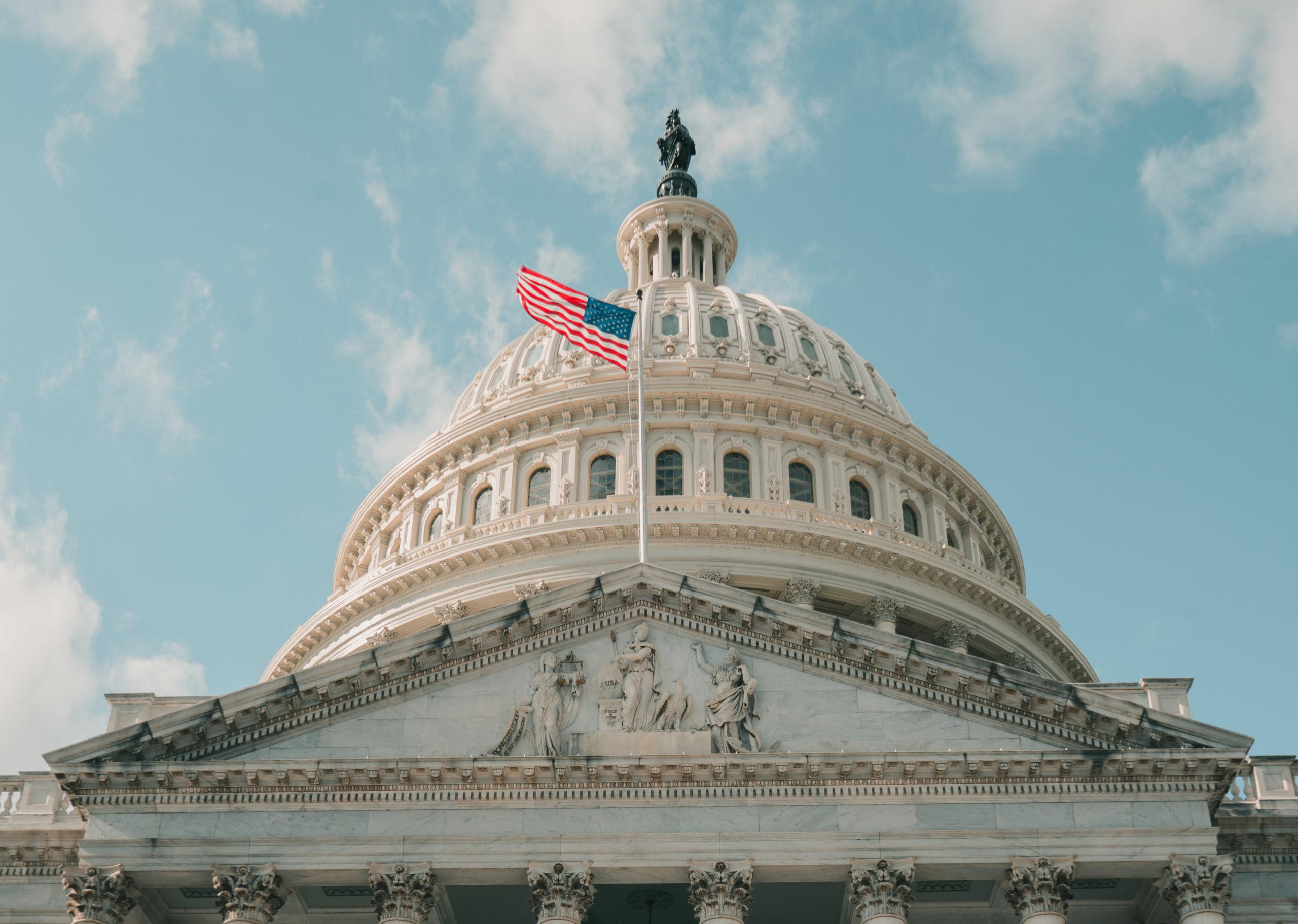
Last Reviewed/Updated: 01/2024
Marketing documents
Marketing documents include presentations, brochures, leaflets intended for general information about the project and Regional Center. They almost always contain a disclaimer warning that the information is not exhaustive. When making your decision, do not limit yourself to only considering marketing materials, rather, you should consider the full package of information provided to you.
Project documents
These are contracts, business plans, and general information. The detailed materials are sent at the request of the Regional Center or agent/partner. The Regional Center has the most reliable information about the project. According to our policy, we coordinate the process of direct information transfer from the Regional Center to the investor, and then we help to investor review and analyze the documents before final decision.
Some Regional Centers may request copies of passports, a detailed questionnaire completed by the investor, or require the investor to sign a preliminary Non-Disclosure Agreement to send project documents. However, some regional centers provide immediate access.
The list of documents provided for each project can differ significantly in its structure and volume: from 3-4 documents in total 150 pages to 20 documents containing 600 pages. Basic documents are always included: if they are not provided, send an additional request.
The main documents you will receive from Regional Center:
1. Private Placement Memorandum / Offering Memorandum: This document contains a detailed description of the proposal and often includes extracts from the basic documents. It may also contain a business plan, an economic report, and a calculation of created new jobs. First, we recommend that you study the offering summary/summary of investment terms section, as it contains the main idea of the proposal. Also, it is worth looking at risk factors. The Regional Center includes a block of different scenarios which typically occur in similar projects.
2. Subscription agreement: This document describes the terms of your participation in a new commercial enterprise (NCE). In most cases it contains information about investing and withdrawal from the legal entity.
3. Operating agreement/LLC agreement/Limited partnership agreement: This document contains the principles and procedures for the operation, income flows and distribution of the NCE, including information as to where the investor will have to transfer their funds. Studying this document, pay attention to the terms for withdrawing from the project, the return of funds in case of refusal in I-526 petition, as well as the rules for the calculation and charging of payment to the Regional Center. The same document may include the expected profitability and the possibility of capital redeployment.
4. Term Sheet/Loan agreement/Letter of intent: Depending on the stage of negotiations between the Regional Center and the project, it may include an already signed loan agreement (or another form of investment arrangements) or a summary of preliminary agreements on terms, interest rates and additional requiremtns.
5. Escrow agreement: This describes the terms on receiving funds from the investor and the terms for their transfer to the project.
6. Business plan for the project implementation, in which an NCE invests: It may be a separate document, or a part of PPM/Offering Memorandum.
7. Economic calculations for new jobs creation: This may be a separate document, or a part of PPM / Offering memorandum.
8. Letter from economists confirming the location of the project in the TEA: It may be a separate document, or a part of PPM/Offering Memorandum.
Please note that the list may contain many more documents, and their names may differ, but the main idea will contain the information above. The investor should review all of the documents provided. The above list is basic, and we tried to provide you with the description of the documents which will make the process of reviewing documents easier. Remember that the investor has the right to request any additional documents and ask any questions to representatives of the Regional Centers. Important questions are best clarified in writing.
Last Reviewed/Updated: 01/2024
Categories:




